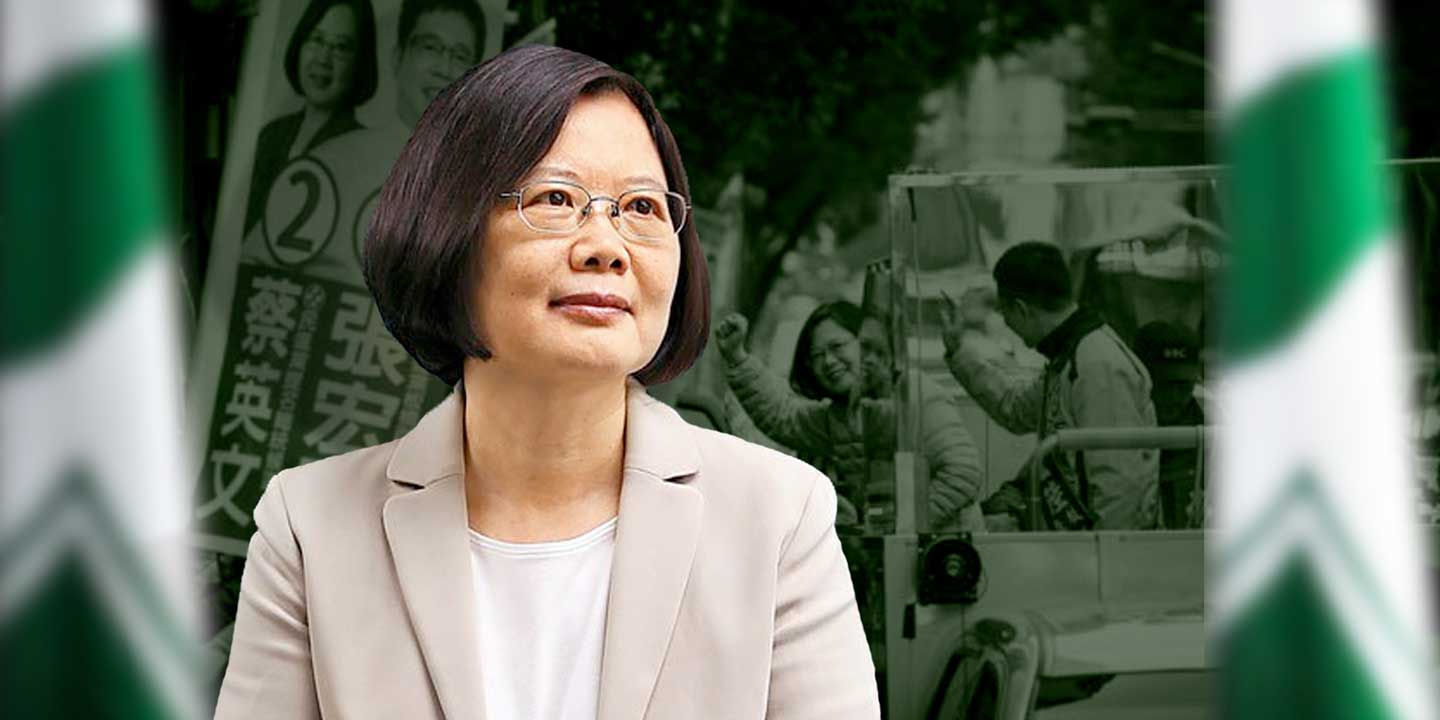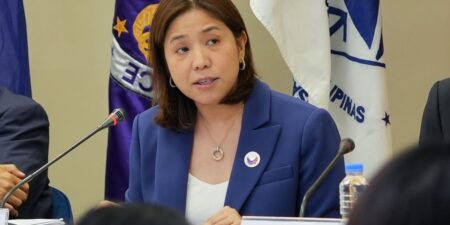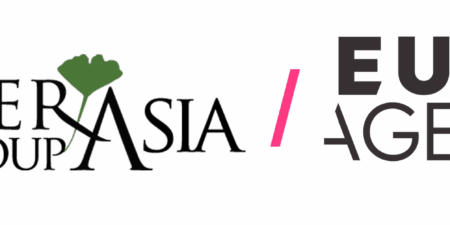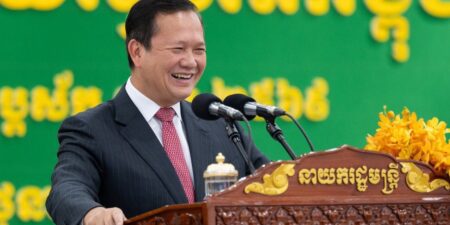BGA’s Taiwan team, led by Rupert Hammond-Chambers, penned an update to clients on Taiwan President Tsai Ing-wen’s National Day address. The update examined some of the key points of the speech and what lies ahead for companies to watch.
Context
Taiwanese President Tsai Ing-wen delivered a widely anticipated National Day address on October 10. The speech is one of the key developments in Taiwan’s political calendar.
The speech focused on key domestic and foreign policy priorities. Taiwan President Tsai Ing-wen reinforced her government’s firm commitment to safeguard the island’s democracy and called on domestic constituents and political rivals to see past differences and unify around issues such as energy policy and future constitutional reform.
Significance
The speech, given on the 110th birthday of the Republic of China, Taiwan’s formal name, was a marker in weeks filled with unprecedented saber-rattling from China, both verbal and military. It came days after Taiwan’s defense minister, seeking approval for a near US$9 billion special budget approval for missiles and warships, told a parliamentary hearing that China would be able to invade Taiwan by 2025.
Tsai offered “four commitments” to safeguard Taiwan going forward, with a focus on bridging domestic differences. She emphasized the importance of Taiwan’s different ethnic groups and political parties rallying around a common set of cross-Strait principles.
Implications
Tsai’s annual address gained the attention of China’s Communist Party (CCP), with cross-Strait relations remaining a key area to watch moving forward. On its eve, Chinese President Xi Jinping reminded Tsai’s ruling Democratic Progressive Party (DPP) that unification is inevitable, a message reinforced by a Chinese government spokesman in its aftermath. For now, the chance for a military mishap in the skies around Taiwan has increased, but the intent for actual conflict remains low.
Political rivalry, particularly from the opposition Kuomintang (KMT), will continue to pressure Tsai’s administration. Despite Tsai’s appeal in her address to work together, opposition parties will continue to claim their cross-strait approach can significantly dial back tensions with China, especially as Beijing keeps up its constant pressure against Taiwan. The DPP faces weaknesses in the November 2022 local elections amid new leadership for the KMT, with elected veteran politician Eric Chu as its new chairman in late September.
Among sectors, energy remains a key one to watch. In her speech, Tsai alluded to the need to move faster on clean energy transformation while maintaining a nuclear-free approach, as well as the goal Taiwan to achieve net-zero emissions by 2050. Taiwan is nearly entirely reliant on fossil fuel-based energy imports, and Tsai’s administration is at real risk of missing its own target to source 20 percent of the country’s energy needs from renewable energy by 2025.
BGA will continue to keep you updated on developments in Taiwan as they occur. If you have any comments or questions, please contact BGA Taiwan Managing Director Rupert Hammond-Chambers at rupertjhc@bowergroupasia.com.

Senior Advisor
Rupert is an expert on Taiwanese political and economic issues and additionally brings a special focus on defense and security within BGA. Rupert concurrently leads the U.S.-Taiwan Business Council, where he was elected vice president in 1998 and president in 2000. Prior to 1994, he served as an associate for development at the Center for Security Policy, a defense and foreign policy think tank in Washington, D.C. Rupert is a member of the board of The Project 2049 Institute. He is also a trustee of Fettes College and is a member of the National Committee on United States-China Relations. Rupert ...
Read More


























